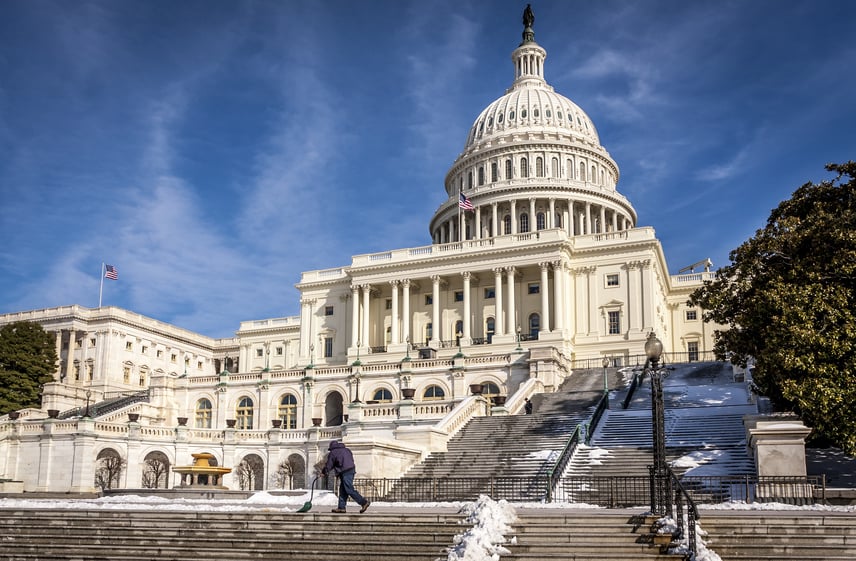In the framework of the global pandemic and given the continuing rise of COVID-19 cases in Argentina, the national government through Decree 81/2021 establishes the preventive measures applicable between 12 June and 2 June 2021, extending the measures approved by means of Decree 287/2021.
Shelter-in-place or stay-at-home orders have been prevalent throughout the United States since March 2020 as state and local governments have sought to protect their citizens from the spread of the COVID-19 virus while at the same time reopen their economies in accordance with phased reopening plans. Georgia extended their state-wide orders and/or the duration of the current phase of their reopening plans. While Maryland, Massachusetts, New York, Ohio, Vermont and West Virginia. have eased restrictions, mask requirements and/or advanced to the next phase of their reopening plan.
On June 9, 2021, the Biden Administration issued Executive Order 14034, “Protecting Americans’ Sensitive Data from Foreign Adversaries” (“EO 14034”). EO 14034 revokes three executive orders issued by the Trump Administration that effectively banned certain Chinese connected software applications (“apps”) from operating in the United States. Although EO 14034 revokes these legal authorities and calls for their implementing rules to be rescinded, EO 14034 signals that the Biden Administration will continue to analyze the national security risks presented by apps developed by persons subject to the jurisdiction or control of “foreign adversaries” and suggests that additional restrictions may be issued in the future.
This portion of the Reports outlined findings and recommendations pertinent to companies managing critical minerals supply chains, including cobalt, graphite, and lithium. First, the Reports conceded that, although onshoring more of the strategic and critical minerals production chain is in the United States’ strategic defensive and economic interests, this process will take years given the technical and manufacturing expertise required to support such a transition. In addition, the Reports discussed the risks posed by disruption and instability along the critical minerals production chain stemming from links with organized crime and human rights abuses.
On June 11, 2021, the Office of the United States Trade Representative (USTR) published in the Federal Register a notice announcing that the Parties to the United States-Mexico-Canada Agreement (USMCA) intend to hold the first meeting of the Labor Council virtually, on June 29, 2021. The session will include a government-to-government Labor Council meeting and a virtual public session on implementation of the USMCA labor chapter. The USTR and the US Department of Labor (DOL) seek suggestions for topics to be discussed during the Labor Council meeting and questions from the public in advance of the public session.
On 19 May 2021, the AIFA published the updated reports on the monitoring of biosimilar drugs in Italy which analyze the consumption and expenditure trends in the period from January 2019 to December 2020 and the the use of said drugs at the regional level in the period from January to December 2020. The purpose of the reports is to provide those individuals responsible for the monitoring and governance of pharmaceutical expenditure with useful information to promote the use of patent-expired medicines, assess the effectiveness of regional tenders, identify areas of intervention and, lastly, monitor the effects of the adopted policies.
On 4 May 2021, the official Italian version of the European Medical Device Nomenclature (EMDN), to be used for the registration of medical devices in the Eudamed database, was published. The EMDN has been developed on the basis of the Italian National Classification of Medical Devices due to its characteristics in terms of structure, purpose, usability and updating methodology.
On 11 May 2021, the ”Draft Modification of the Mexican Official Standard NOM-151-SCFI-2016, Requirements to be observed for the conservation of data messages and digitalization of documents, published on 30 March 2017” (”Project”) was published in the Official Gazette of the Federation. The Project aims to regulate and approve the rules applicable to the communication and transmission of data messages through ”certified electronic communications.”
In this era of rapid digitalization the physical structures that facilitate the efficient transmission, storage and processing of data have increasingly critical roles to play in meeting our exponential growth in data usage. As digital infrastructure scales up, so does interest in investing into this new asset class, especially by long-term private capital investors.
The National Assembly of Vietnam, at its recent 10th meeting, has adopted the new Law on Environmental Protection following the proposal of the Ministry of Natural Resources and Environment of Vietnam. The New Law represents the most significant modernization of the environmental law regime of Vietnam since the first law on environmental protection in 1993. It will take effect on 1 January 2022 and will replace the current 2014 Law on Environmental Protection.



